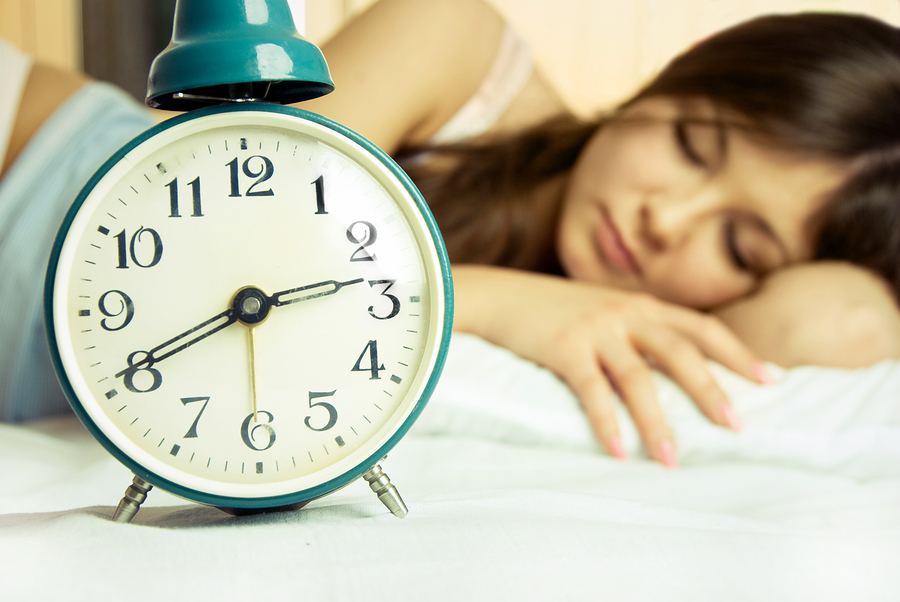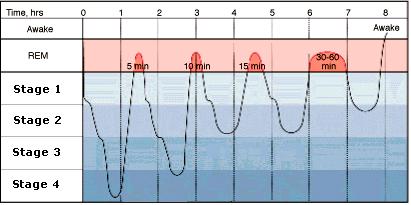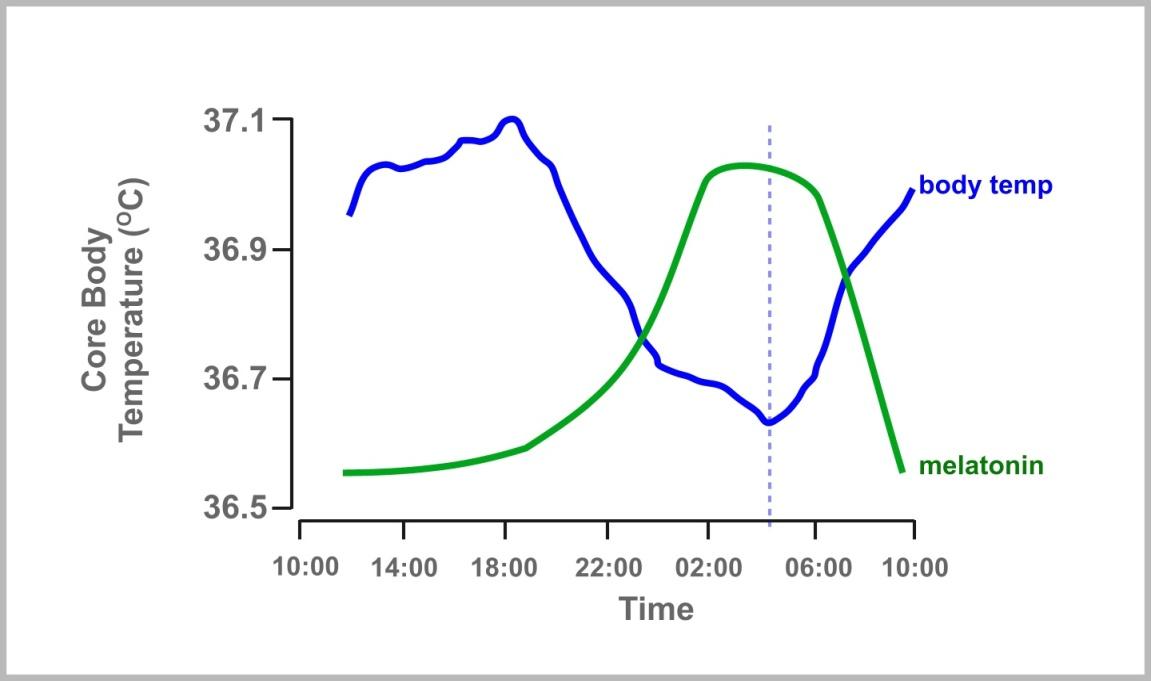Oh to sleep …..
It is estimated that one in 4 of us has problems sleeping (getting to sleep or staying asleep) at some stage – or for many people most stages of their lives.
The Great British Sleep Survey interviewed 11,129 adults earlier this year. It found that, of those who had trouble sleeping, 55% reported having relationship difficulties as a result, while 77% reported issues of concentration, 64% said they were less productive at work, 83% reported problems with their mood and 93% with energy levels.
Sleep disorders are divided into Primary and Secondary types . A primary disorder is the central cause of a lack of sleep i.e. difficulty in getting off to sleep and disturbed sleep, or a change in sleep behaviour during sleeping such as sleep-talking or snoring. A secondary disorder occurs when a disease (either of mind or body) results in disturbed sleep, e.g. depression, pain, illness or anxiety. Whilst they can be interrelated they are often confused with each other but are quite different and the treatment can therefore also be different. However there are strategies (sometimes called sleep hygiene) which both disorders benefit from.
Sleepiness Causes Accidents Sleep deprivation was a factor in some of the biggest disasters in recent history: the 1979 nuclear accident at Three Mile Island, the massive Exxon Valdez oil spill, the 1986 nuclear meltdown at Chernobyl, and others. Drowsiness can slow reaction time as much as driving drunk.
Sleep Loss Dumbs You Down and Impairs Judgment Sleep is critical to thinking and learning. Lack of sleep impairs attention, alertness, concentration, reasoning, and problem solving. This makes it more difficult to learn efficiently. More importantly, during the night, various sleep cycles play a role in “consolidating” memories in the mind. If you don’t get enough sleep, you won’t be able to remember what you learned and experienced during the day. Lack of sleep can affect our interpretation of events. This hurts our ability to make sound judgments because we may not assess situations accurately and act on them wisely.
Lack of Sleep Kills Sex Drive Enough said!
Sleepiness Is Depressing Over time, lack of sleep and sleep disorders can contribute to the symptoms of depression. The most common sleep disorder, insomnia, has the strongest link to depression. In a 2007 study of 10,000 with insomnia were five times as likely to develop depression as those without. In fact, insomnia is often one of the first symptoms of depression.
Lack of Sleep Ages Your Skin When you don’t get enough sleep, your body releases more of the stress hormone cortisol. In excess amounts, cortisol can break down skin collagen, the protein that keeps skin smooth and elastic.
Sleep loss also causes the body to release too little human growth hormone. When we’re young, human growth hormone promotes growth. As we age, it helps increase muscle mass, thicken skin, and strengthen bones. During stage 4 sleep growth hormone is released, part of normal tissue repair, patching the wear and tear of the day.
Sleepiness Makes You Forgetful In 2009, researchers determined that brain events called “sharp wave ripples” are responsible for consolidating memory. The ripples also transfer learned information from the hippocampus to the neocortex of the brain, where long-term memories are stored. Sharp wave ripples occur mostly during the deepest levels of sleep.
Losing Sleep Can Make You Gain Weight A lack of sleep seems to be related to an increase in hunger and appetite, and possibly to obesity. According to a 2004 study, people who sleep less than six hours a day were almost 30 percent more likely to become obese than those who slept seven to nine hours. The peptide Ghrelin stimulates hunger and Leptin signals satiety to the brain and suppresses appetite. Shortened sleep time is associated with decreases in Leptin and elevations in Ghrelin.
Lack of Sleep May Increase Risk of Death In the “Whitehall II Study,” British researchers looked at how sleep patterns affected the mortality of more than 10,000 British civil servants over two decades. The results, published in 2007, showed that those who had cut their sleep from seven to five hours or fewer a night nearly doubled their risk of death from all causes. In particular, lack of sleep doubled the risk of death from heart disease, high blood pressure, stroke, diabetes and a range of psychological conditions. According to some estimates, 90% of people with insomnia also have another health condition.
The Sleep Cycle
During the night, your sleep should follow a predictable pattern, moving back and forth between deep restorative sleep (stage 4 deep sleep) and more alert stages (stage 1) and dreaming (REM sleep). Together, the stages of REM and non-REM sleep form the Sleep Cycle; with each cycle repeated four to six times over the course of a night.
The amount of time you spend in each stage of sleep changes overnight, with most deep sleep in the first half and REM sleep becoming more pronounced towards morning…possibly related to core body temperature.
There appears to be a strong relationship between several factors that enable us to get a good night’s sleep (sleep hygiene) but of significant interest is the interaction of core body temperature, the ideal sleep cycle and the release of the hormone that helps us sleep and stay asleep, Melatonin.
If we sleep in rooms that are too hot it is impossible to lower our core body temperature and get off to and stay asleep, we maybe drowsy but that is not the same. Research suggest that keeping cool the head cool (in a room at around 16-17° C) but the body warm under the bed covers helps in the coordinated release of Melatonin and ideal sleep cycle. The significance in body temperature before sleep
So Off to Sleep
Sleep Hygiene is a term used for a range of behaviors that have been shown to improve sleep in Primary sleep disorders and to assist significantly in Secondary disorders. They relate to establishing regular patterns that promote sleep, here are some of the most important:
Factor Getting to Sleep Waking Up
Light As Dark as possible Bright light
Temperature A Cool room (below 17°C) Warm environment
Sound Absolute Silence Noise or Music
Mind Switch off, detach Stimulate, read, TV etc
Lifestyle Eat well, exercise (not late) Breakfast, Hydration.
The National Sleep foundation has produced a more comprehensive list which details and expands on the snapshot above:
- Maintain a regular bed and wake time schedule, including weekends.
- Sleep only when sleepy. If you can’t fall asleep within 20 minutes, get up and do something boring until you feel sleepy e.g. sit quietly in the dark. Don’t expose yourself to bright light while you are up which cues your brain to wake up.
- Establish a regular, relaxing bedtime routine such as soaking in a hot bath or hot tub and then reading a book or listening to soothing music. (but not in bed!)
- Create a sleep-conducive environment that is dark, quiet, comfortable, and cool.
- Sleep on a comfortable mattress and pillows.
- Use your bedroom only for sleep and sex. Take work materials, computers, and televisions out of the sleeping environment.
- Finish eating at least 2 to 3 hours before your regular bedtime.
- Avoid nicotine (e.g., cigarettes and other tobacco products), caffeine (e.g., coffee, tea, soft drinks, or chocolate) close to bedtime, They are stimulants and will keep you awake.
- Avoid alcohol close to bedtime. It can lead to disrupted sleep later in the night. (alcohol has an ‘anesthetising’ effect and disrupts the sleep cycle).
- Exercise regularly. It is best to complete your workout at least a 2 hours before bedtime.
- Avoiding napping during the day.
- Avoiding eating a heavy meal late at night. However; a light snack before bed is ok if your stomach is too empty. Dairy products and turkey contain tryptophan, which acts as a natural sleep inducer. Tryptophan is probably why a warm glass of milk is sometimes recommended.
So cool down the room, pull the blackout curtains, slip in the earplugs and snuggle up.
Disclaimer
For more features on health click here ←
Do you have problems sleeping?
Pat Fox
Latest posts by Pat Fox (see all)
- Fluid Facts – hydration for health - July 16, 2014
- Oh to sleep ….. - January 29, 2013
- The Heart of the Matter - December 4, 2012
- Exercise is Medicine - October 24, 2012
- The strength of Strength - October 23, 2012
























